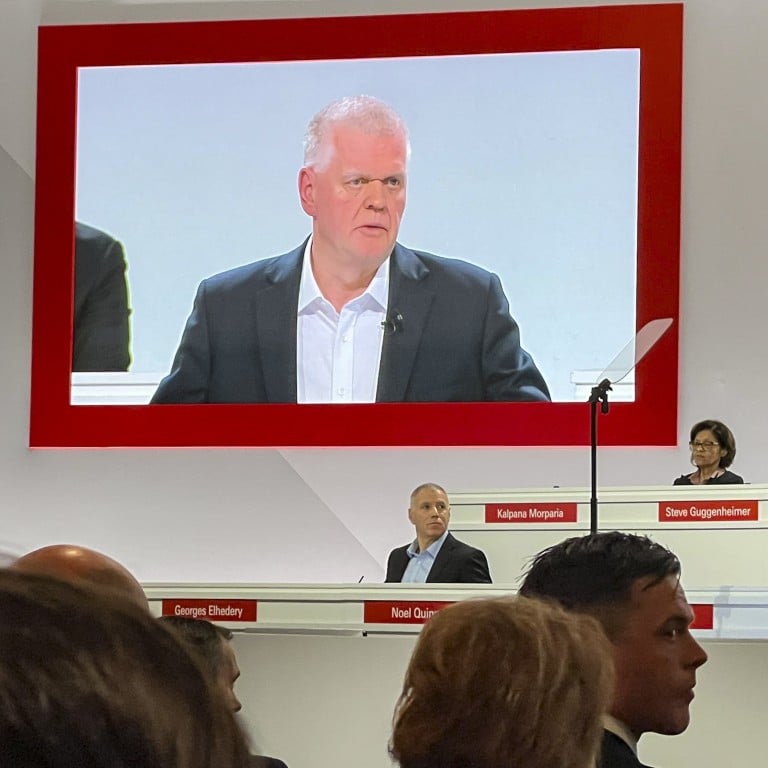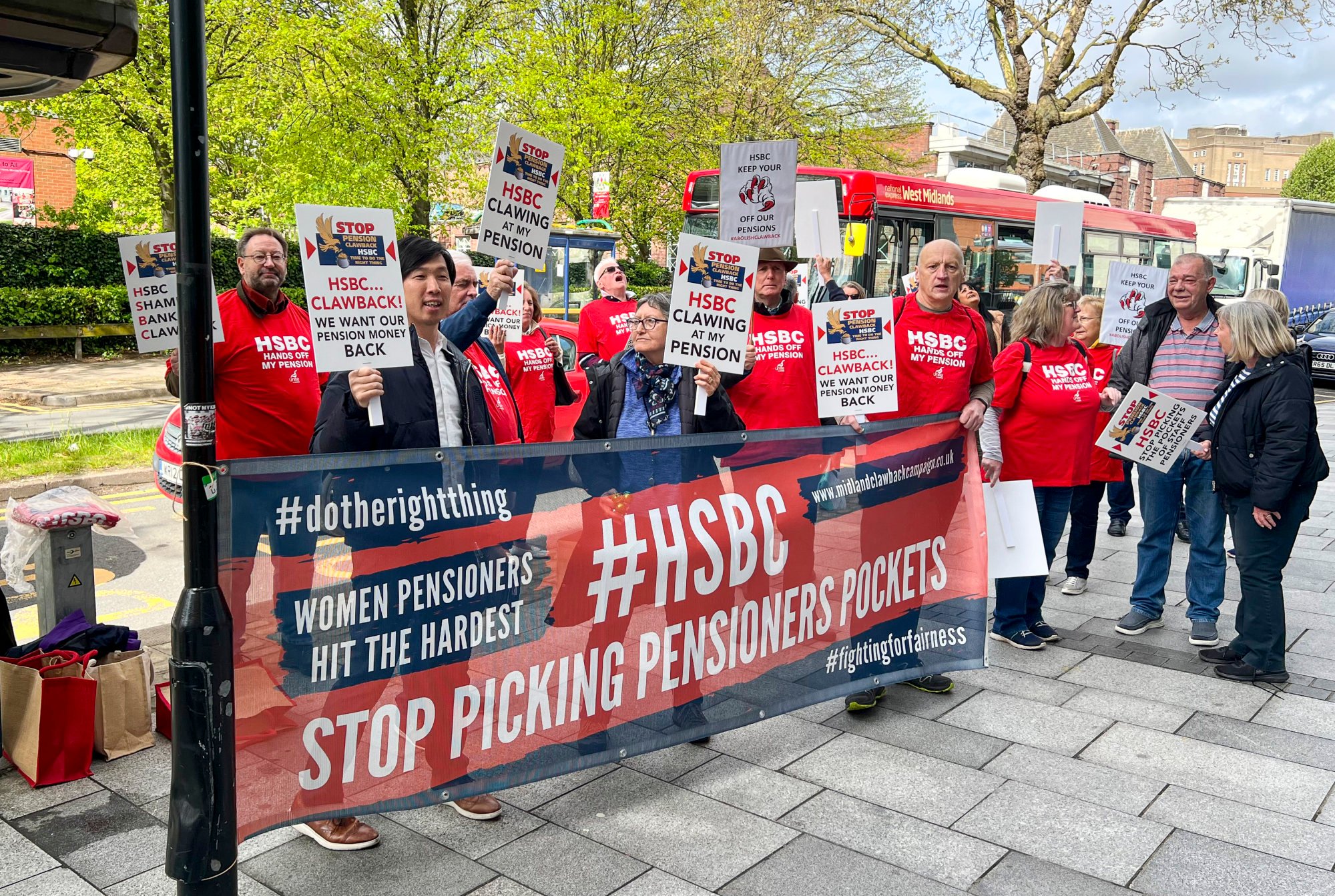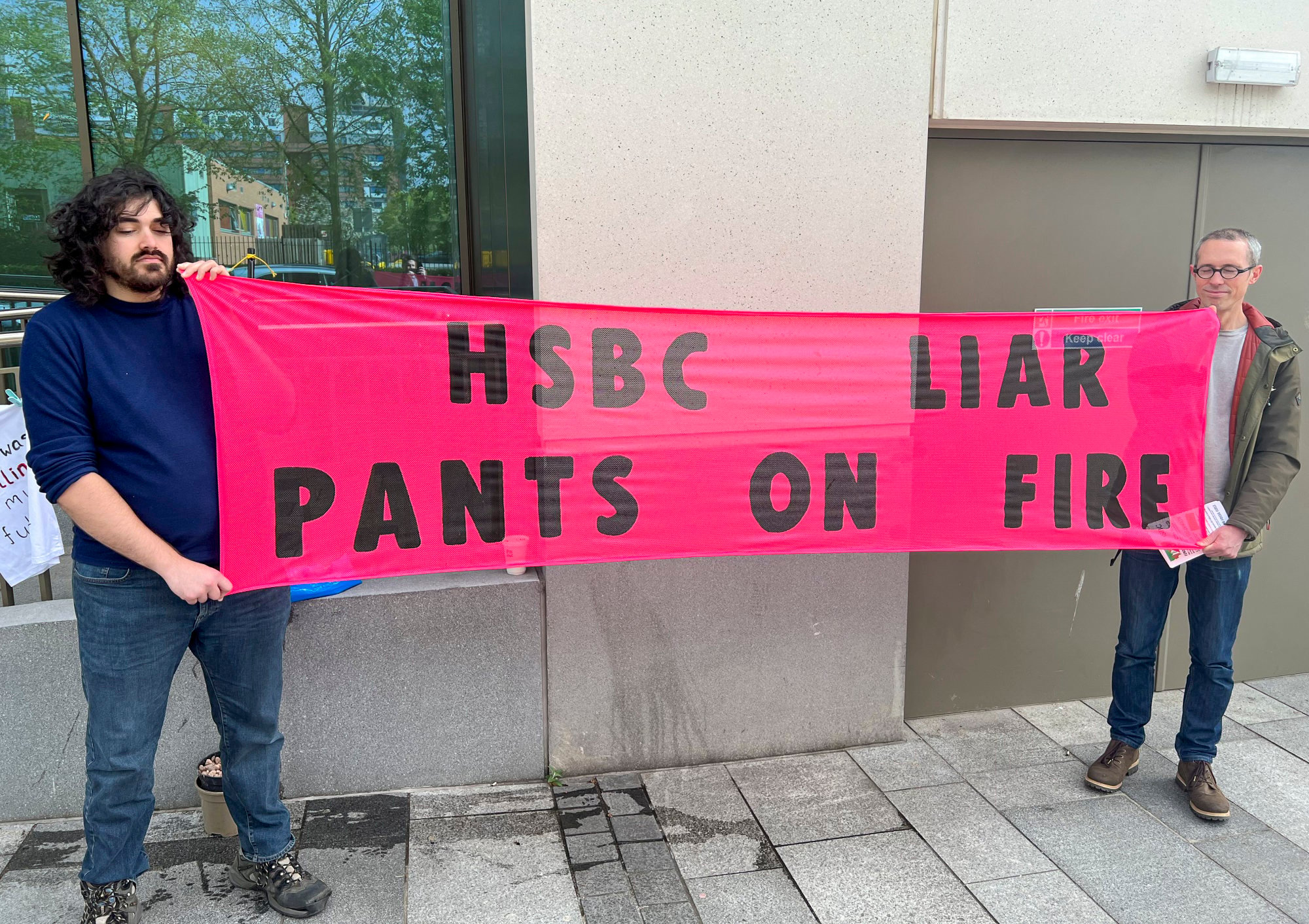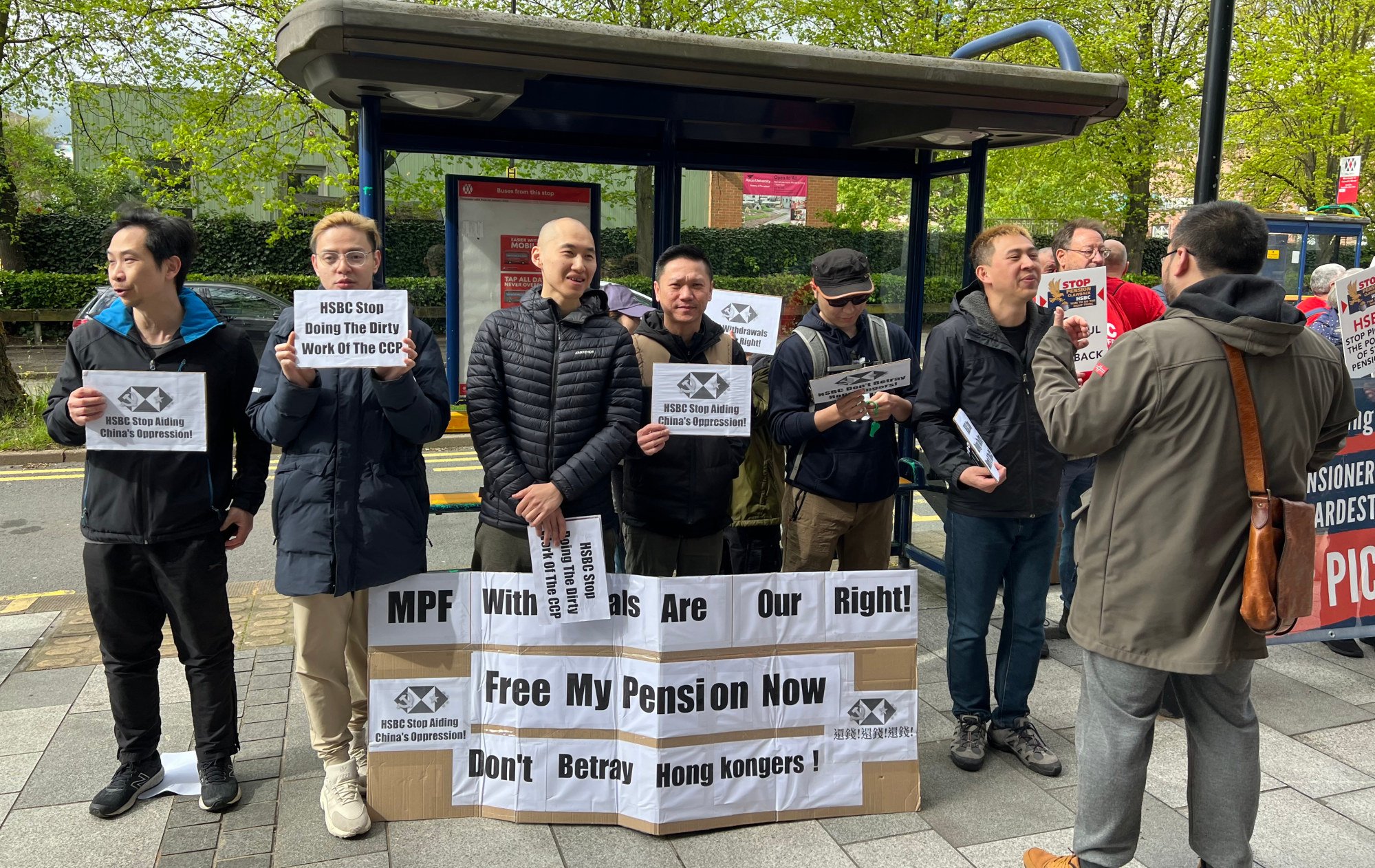
HSBC investors reject minority shareholders’ proposal to spin off Asia business, raise dividend payouts
- Minority shareholders had called for the bank to consider radical change, including an overhaul of its structure
- Ping An, HSBC’s biggest shareholder, has also been pushing the lender to make changes to enhance shareholder value
The minority investors, led by Ken Lui Yu-kin, the leader of the “Spin Off HSBC Asia Concern Group”, had called for the bank to consider a significant shake-up to drive shareholder value, including spinning off its business in Asia. They also sought to return the bank’s annual dividend to pre-pandemic payout levels of 51 US cents a share.
“Being global is how we generate a significant portion of our revenues and is central to our whole strategy,” HSBC chairman Mark Tucker said in a speech on Friday before the vote tally was announced. “A restructuring or spin-off would mean that we lose this revenue as our bank would no longer have the connectivity which our customers value.
“It would not be in shareholders’ interests to split the bank.”
One of Hong Kong’s three currency-issuing banks, HSBC generates the bulk of its pre-tax profit from its Asian business.
After the vote, Tucker said support for the board of directors’ positions on the resolutions would have been more than 90 per cent without a “protest vote” by Ping An. He said no major shareholders, other than Ping An, supported the minority shareholder position.
About 80 per cent of investors voted against the minority proposals.
The meeting took place in Birmingham, England, which is home to the head office of HSBC’s UK ring-fenced bank, and is about a two-hour drive from its global headquarters in London.
Outside The Eastside Rooms conference centre, climate protesters engaged in chants and a drum circle, while former employees of Midland Bank blew whistles as they protested about long-running issues related to the bank’s pension plan.
A suited man dressed as a banker set off a green flare and stepped into a bathtub in front of the building, where other protestors washed him to represent “greenwashing”.

During the meeting, several climate activists interrupted speeches by Tucker and HSBC CEO Noel Quin multiple times with statements and singing. More than half a dozen were escorted from the room.
“How can you justify the way you’re behaving?,” one man shouted. “Our grandchildren will curse us for it. It is a disgrace.”
Quinn, who took over as CEO in 2019, has been reshaping the bank, shifting capital to growth markets in Asia and selling Western businesses that do not fit its strategy.

On Tuesday, the bank said it would make a quarterly dividend payment of 10 US cents a share, the first quarterly payment since 2019.
HSBC cancelled its final dividend in 2019 and suspended its dividends in 2020 at the request of Britain’s Prudential Regulation Authority, as the regulator sought to guarantee banks based in the UK had capital on hand to support the economy during the early days of the pandemic.

“We respect HSBC’s shareholders’ choices,” a Ping An Asset Management spokesperson said after Friday’s meeting. “Meanwhile, we advise HSBC’s board of directors and management to listen to shareholders’ suggestions with an open mind, and improve their operation and management to increase corporate value.”


